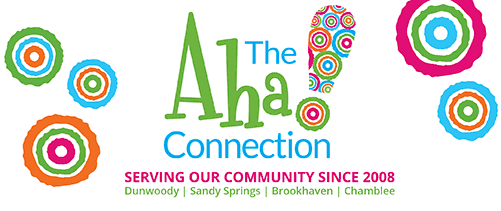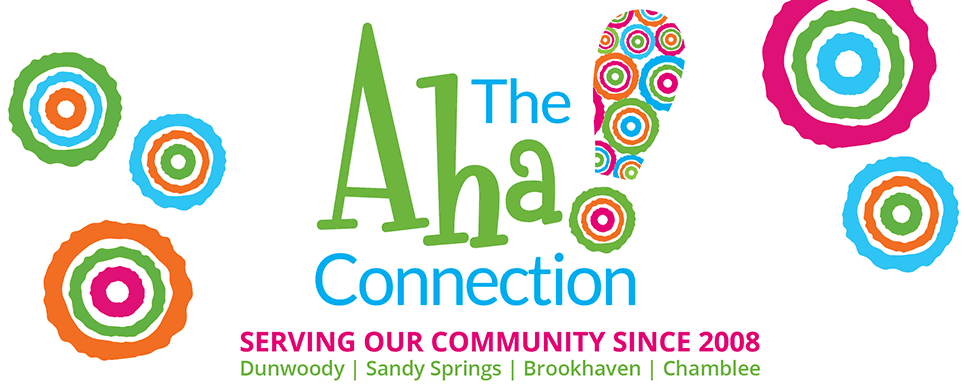By Christina Mimms, SAIS
copied with permission from SAIS
The not ion of a taking a year off between high school graduation and the start of college, commonly known as a gap year, might be best associated with young royals and, more recently, daughters of presidents. The experience, however, nowadays suits many students who seek a delayed start to their college career for programs that may include travel, volunteer programs, internships, and more.
ion of a taking a year off between high school graduation and the start of college, commonly known as a gap year, might be best associated with young royals and, more recently, daughters of presidents. The experience, however, nowadays suits many students who seek a delayed start to their college career for programs that may include travel, volunteer programs, internships, and more.
It might seem somewhat unexpected for a graduate of an independent college preparatory school not to enroll in college right away. After all, they should be better prepared than anyone for an enriching college experience, and many universities are anxious to welcome these new freshmen to their academic communities.
Students take gap years for a variety of reasons. Some want another year to mature, while others simply desire a break from academia for other learning opportunities through travel programs, language immersions, volunteering, hiking adventure trips, or employment. Students have worked as English language tutors, au pairs, and political campaign interns. That time of personal growth often has helped students to feel more confident about being independent in college.
A number of graduates from The Weber School, a Jewish community school in Atlanta, have enjoyed gap years in Israel, where they often connect with relatives and study their religion and culture in-depth. “It’s a great way for them to further develop a relationship with Israel,” said Principal Shlaina Van Dyke. “And some students may not feel ready for another year of academics.”
Some of her students do start their college studies at Hebrew University or University of Tel Aviv and earn credits to transfer back to their college of choice in the U.S. Other students participate in experiential or travel programs. A few have trained and served in the Israeli Army.
Typically, high schools encourage all seniors to go through the college application process, even if they plan to take a gap year. Most universities (though not all) will allow students to defer enrollment to pursue their gap year program. Many will require students to pay a non-refundable enrollment deposit fee, and will not accept any coursework for credit. If a student received a scholarship, the university may honor that when enrollment begins.
At High Point University in High Point, NC, students who take a gap year may keep any initial scholarship they received but if they were awarded a presidential scholarship, the school required students to re-interview. Overall, the university supports the idea of gap years. “A gap year is meant to be a transformative experience,” said Kerr Ramsay, associate vice president of admissions. “Students are much more mature and they know what they want to do. It can be a great confidence-booster for students.”
“Some colleges encourage it,” said Kathy Cleaver, co-director of college counseling at Durham Academy in Durham, NC. “Colleges get more mature, focused, energized, engaged students and leaders. I’ve never had a student say they regretted doing it.”
Of her students who have undertaken gap years, many have done so through national or international organizations. “I like [those programs] because they have been vetted and someone is organizing them,” Cleaver said. See resources below.
Making clear plans for the year is important. Students need to be working or enrolled in a formal program. “We don’t want them sitting at home and floundering,” Van Dyke said.
 When Max Garrett, a student at The Donoho School in Anniston, AL, approached his parents about taking a gap year to pursue music, he had researched a number of options. “The discussion wasn’t that bad. Their response was a bit confused,” said Garrett, who has been living and working in Florence, AL, for the past several months in a paid internship for a local church. He also is working with several local high schools arranging show choir pieces and teaching music lessons. He plans to start college next year to study math, science, and philosophy but will still be involved in music.
When Max Garrett, a student at The Donoho School in Anniston, AL, approached his parents about taking a gap year to pursue music, he had researched a number of options. “The discussion wasn’t that bad. Their response was a bit confused,” said Garrett, who has been living and working in Florence, AL, for the past several months in a paid internship for a local church. He also is working with several local high schools arranging show choir pieces and teaching music lessons. He plans to start college next year to study math, science, and philosophy but will still be involved in music.
“’Engage your passion’ is part of our mission statement,” said Russ Connell, Donoho’s middle and upper school director. “If a student can handle [a gap year], I can think of no more enriching experience.”
Costs also must be considered for this sabbatical, so to speak. Parents will probably foot the bill for their child’s travel and living expenses, unless he or she is employed. Garrett has been able to support himself financially during his gap year. Financial aid may be available through some of the organized groups. Parents also must consider health insurance as some policies require a dependent to be a full-time student.
Young people coming off their gap year likely pick up their previous college plans, but for others, their plans and desires for college may change during their year away. One of Cleaver’s students interned with Hillary Clinton’s campaign in New York, where she became very interested in women’s issues. She had deferred her college enrollment with one university but decided that she wanted to invest more time and education in women’s issues. During her gap year, she applied to and earned acceptance from Wellesley College, and started college there this fall.
“Students may see themselves in a different way [after a gap year],” Cleaver said. “Maybe they want a bigger school, a different city, or a different major.”
For students who do not take part in a gap year, colleges offer a wide variety of study abroad programs or travel experiences. “Volun-tourism,” i.e., service programs with travel opportunities are another way to go. Students may be able to take time off school without penalty. For example, High Point will allow a student to take a leave of absence for one semester.
“The planning is absolutely huge,” Garrett advised. “Be prepared to not waste the year.”
For additional information about gap year programs, check out the following organizations:












